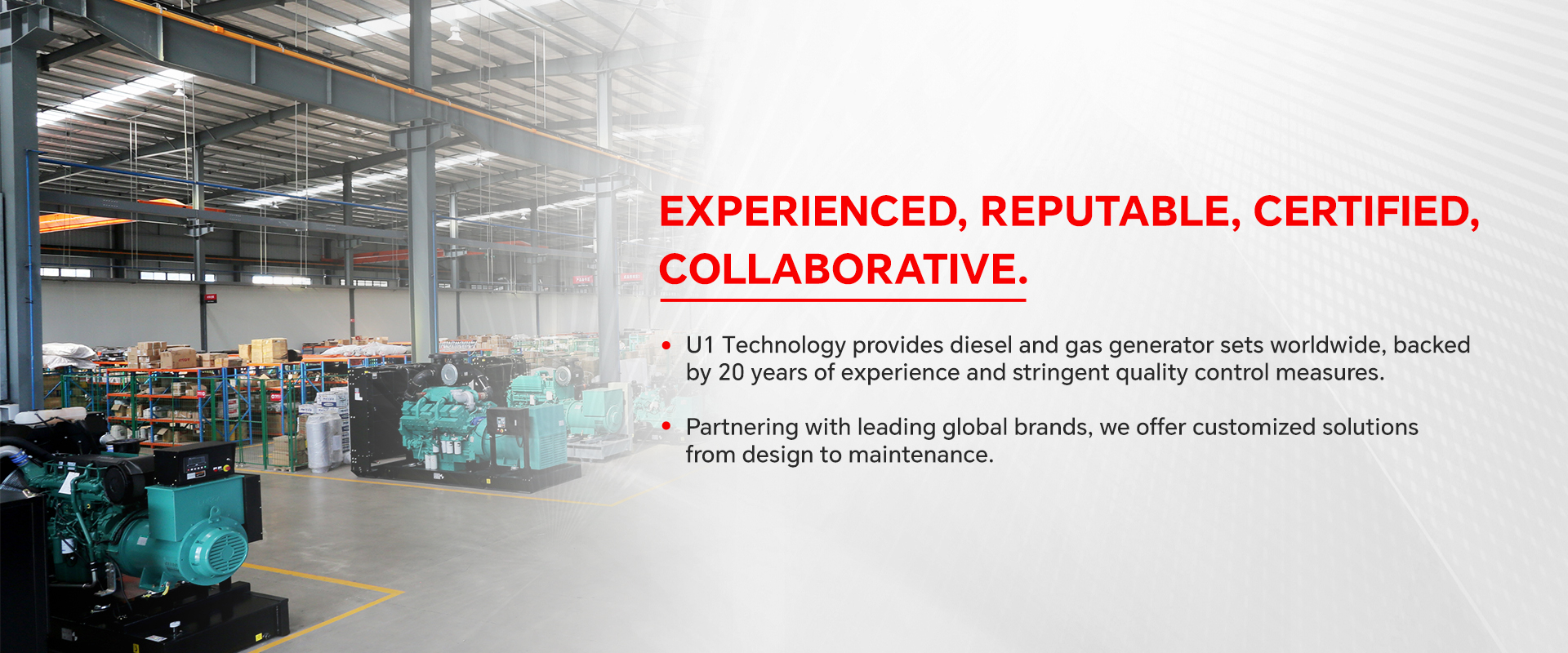In the arena of backup power generation, two prominent options stick out: gas main and diesel generators. If the power goes out, along with the requirement for it might be critical, selecting the best generator set could make a huge difference. But how would you decide between gas and diesel generators? Every one has its own list of benefits and drawbacks, along with the choice ultimately is dependent upon your unique needs and circumstances.

On this page, we will explore the distinctive features, advantages, and drawbacks of propane and diesel generator sets, making it possible to come up with a well-informed decision on what option aligns best using your needs.
Natural Gas Generators
Advantages
Cleaner Emissions: Most significant advantages of gas generators is their lower environmental impact. When natural gas burns, it generates fewer harmful emissions, including particulate matter, nitrogen oxides, and sulphur dioxide, when compared to a diesel genset. As a result gas generators an eco-friendly option for those interested in air quality and environmental sustainability.
Cost-Effective Fuel: Natural gas is often cheaper than diesel fuel. The charge savings may be significant over the long term, specifically if you intend to make use of your generator frequently. Furthermore, the availability of gas tends to be more stable, reducing price fluctuations.
Less Maintenance: Propane generators typically require less maintenance than their diesel counterparts. This results from the cleaner-burning nature of gas, which results in fewer deposits and soot buildup inside the engine, extending the generator’s lifespan.
Quieter Operation: Gas generators have quieter operation. This is a vital consideration in residential areas and settings where noise pollution have to be minimized.
Disadvantages
Limited Fuel Storage: A disadvantage of natural gas generators could be the reliance on a continuing supply of gas main. This is problematic during extended power outages or perhaps remote locations an even natural gas supply may not be available.
Lower Energy Density: Gas main features a lower energy density in comparison to diesel, meaning you may need a larger storage capacity or more frequent refuelling for the same output.
Lower Fuel Efficiency: Natural gas generators usually are less fuel-efficient than diesel generators, which can increase operational costs over time.
Lower Portability: Due to requirement for an avid gas supply, these generators are less portable and versatile than diesel generators.
Diesel Generators
Advantages
High Energy Density: Diesel fuel enjoys its high energy density. What this means is diesel generators can offer more power in the smaller package, causing them to be well suited for applications where space is restricted.
Fuel Storage: Diesel generators have the benefit of being able to store fuel for longer periods without degradation. This may cause them the best option for backup power in remote locations and throughout long-term power outages.
Fuel Efficiency: Diesel generators provide fuel efficiency, consuming less fuel for similar power output as gas main generators. This ends in lower operational costs.
Greater Reliability: Diesel engines are usually better made and sturdy, resulted in greater reliability in demanding conditions. They are often the go-to choice for mission-critical applications.
Disadvantages
Emissions and Environmental Impact: Diesel generators emit higher degrees of pollutants, including nitrogen oxides and particulate matter, that may have uncomfortable side effects on air quality and public health. Stricter emissions regulations are already carried out to mitigate these complaints.
Noise Levels: Diesel generators are usually noisier than natural gas generators, which may be a concern in areas or where environmental noise is a consideration.
Fuel Availability and value: Diesel fuel can be more costly and be subject to price fluctuations. Additionally, storing large volumes of diesel fuel can pose safety and environmental risks.
Maintenance Requirements: Diesel generators typically want more frequent maintenance because of soot and carbon buildup in the engine, that may raise the total price of ownership.
When you ought to Choose Natural Gas Generators?
Environmental Concerns: If you prioritize environmental sustainability and cleaner emissions, a natural gas generator could be the best option.
Financial savings: If you’re seeking to reduce fuel costs over time and still have use of the best gas supply, natural gas generators can be more cost-effective.
Quiet Operation: In residential areas or places where noise levels must be kept down, natural gas generators include the quieter choice.
More uncommon Use: If your generator serves as a backup for occasional power outages, the reduced maintenance requirements of natural gas generators cause them to become a handy option.
When you should Choose Diesel Generators?
High Power Requirements: If you need a high-power output inside a compact package, diesel generators, using high energy density, include the better choice.
Reliability: For mission-critical applications where reliability is the vital thing, including data centres or healthcare facilities, diesel generators in many cases are preferred this can robust and sturdy engines.
Remote Locations: In areas with limited access to a natural gas supply or during long-term power outages, diesel generators using reliable fuel storage are the more practical choice.
Frequent Use: If the generator will dsicover frequent use and you also prioritize fuel efficiency, diesel generators may be cheaper ultimately.
Conclusion
The choice between propane and diesel generators depends on your requirements, budget, and environmental concerns. Both varieties of generators have their benefits and drawbacks, and the key’s to softly evaluate your needs and priorities before you purchase. Additionally, be sure to understand local regulations and emissions standards that will affect your option.
For more information about diesel engine view this web page
